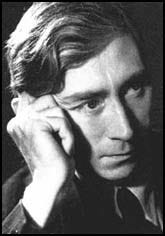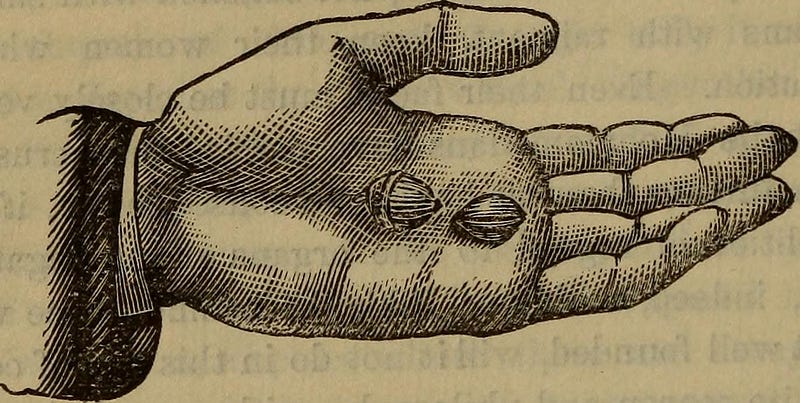Sir Herbert Read was an influential art historian, co-founder of the Institute of Contemporary Arts, a prominent anarchist, and a knight of the realm.
“From the family to the State, the group in modern society is a flabby, inchoate, uneasy organization, and until we have discovered what is wrong with these organizations, we shall fail to effect any widespread readjustment of individual neuroses.”
In one of Read’s most important short works (Lecture to the London Anarchists, 17 May 1947), he discusses the concepts of archaic “revolutionary anarchism” which he defines by its “romantic conception[s]… of conspiracy, assassination, citizen armies, [and] barricades”. For this, Read exchanges what he calls the “fundamentalist anarchism” (by which he means, literally, the fundamentals of anarchism). The fundamentals of anarchism, Read states, rely on education as the only true method for lasting social change.
Read outlines what he calls a “sevenfold” system for the future of anarchism, beginning with three core beliefs:
- Personal freedom. Not merely a state of individual liberty, but a state of mental egalitarianism. This is the ability to remove oneself from dogma, to explore ideas one might be uncomfortable with, and to continually seek new learning experiences, and new horizons for self-improvement.
- Mutual aid. Society can be organized on a cooperative and federal basis, free from exploitation and dictation. Indeed, for any society to have long-term stability, it must maintain mutual aid as its core principle.
- Non-violence. Anarchism’s aims cannot be attained through violence, which must instead be substituted by both passive and active resistance. Specifically, resistance to authoritarianism must begin via education at the most formative levels.

These three main beliefs, Read states, must be supported by research in the following areas:
- History: The study of cooperative communities and general history that showcase support for anarchism (in order to pit fact against fact in the argument for anarchism). We must study the failures, the victories, and the whole scope of historical power structure development.
- Anthropology: Studies in cooperative organization of production and problems of collective integrity.
- Sociology: which contains a multitude of vital points for anarchist study, especially as regards the problem of incentives for work.
- Psychology: Both individual and social psychology, but especially social because that deals with the relationships between the individual and the group. (Though Read was working largely off the emerging work of Jung and various psychological studies of his era, his focus of social systems could certainly be highlighted through the later work of Dr. Bowen in his Theory of Family Systems).
“Revolutions fail because they are built on the bogs and volcanoes of vast social neuroses.”
Ultimately, Read saw a path forward for anarchist philosophy that avoided the authoritarian pitfalls of both communism and capitalism. A philosophy grounded in science and built on the back of massive education reforms.
In this way, he hoped to overcome the limitations of the earlier anarchist movements as well. Those movements were principally concerned with ill-fated social “revolutions” rather than a structural transformation that could capture the more sober hearts and minds among a country’s citizenry.
References:
Read, Herbert, and David Goodway. A One-Man Manifesto and Other Writings for Freedom Press. Freedom Press, 1994.

